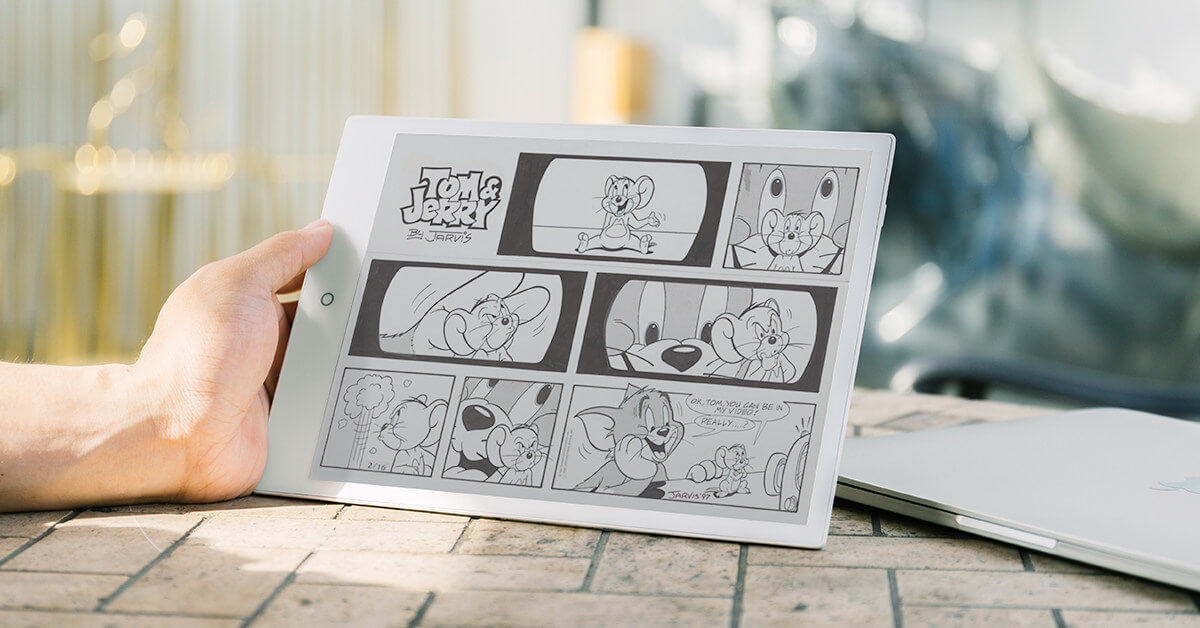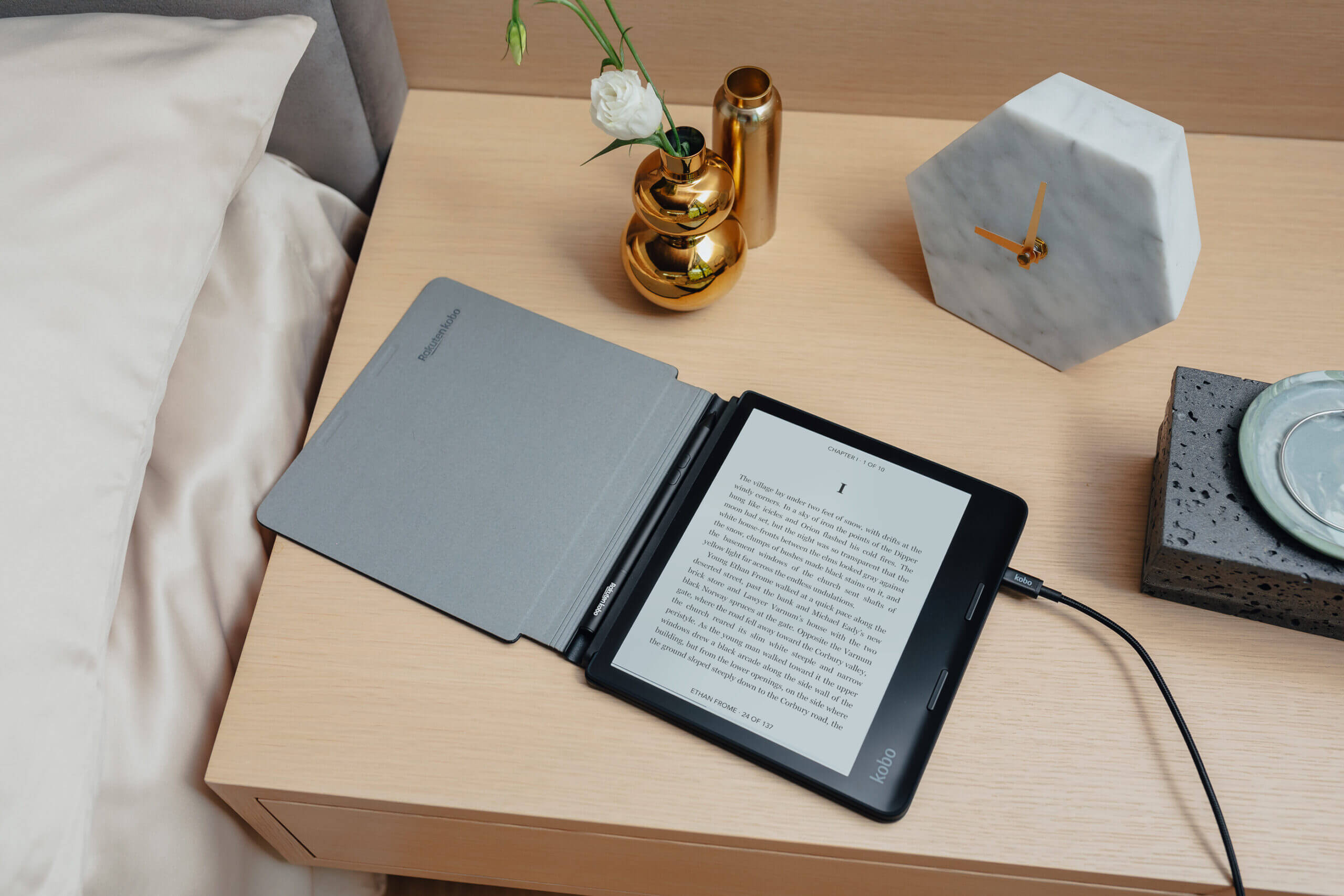Kobo unveiled a price-matching system in 2015, allowing users to shop at other bookstores. Kobo will price match their price, but you have to buy the book first. You only have seven days from purchasing the book to file a price match form on the Kobo website. Have you ever used Kobo Price Match?
Kobo has a price-matching system for audiobooks and e-books that many people are unaware of. Customers from the United States, Australia, New Zealand, and the United Kingdom who buy an eBook or audiobook from Kobo and find the same one on another website for a lower price can ask Kobo to credit them the difference plus 10% of their original purchase price.
To qualify for the price match, you must file your claim within seven days of purchasing it, and the e-book must have the same ISBN. This might be a little tricky with Kindle e-books because they tend to have ASIN numbers, which are different from the standard ISBN. So your best bet is to check Google Play Books or Barnes and Noble prices.
It is important to note that if you want the price match, the digital bookstore offering it for a lower price must be in your home country. You cannot buy something from the Australian Kobo store and say the US price is more affordable.
Once you find another audiobook or ebook cheaper than what you bought on Kobo and fill out the price match form, Kobo will verify the competing offer and reply within three business days. If your price match qualifies, they will award credit to your Kobo account equal to the price difference plus 10% of your original purchase price. For example, suppose you’ve purchased a book from Kobo for $9.99 but see it offered by a competitor for $7.99. In that case, you may be eligible to receive a credit of $2.99 (reflecting the $2 difference between the two prices and an additional $0.99 that equals 10% of your original purchase price of $9.99).
Kobo does not advertise its price match system since it would lose money if too many people took advantage of it. This is because publishers set the prices for audiobooks and ebooks, and the margins for selling digital content are thin. Price matching would likely put Kobo in the red for that particular sale, but they consider it is satisfying their customers and making them more loyal.
Have you ever used the Kobo Price Match system? Did you know it existed? Would you ever use it to save a few bucks?
Michael Kozlowski is the editor-in-chief at Good e-Reader and has written about audiobooks and e-readers for the past fifteen years. Newspapers and websites such as the CBC, CNET, Engadget, Huffington Post and the New York Times have picked up his articles. He Lives in Vancouver, British Columbia, Canada.

